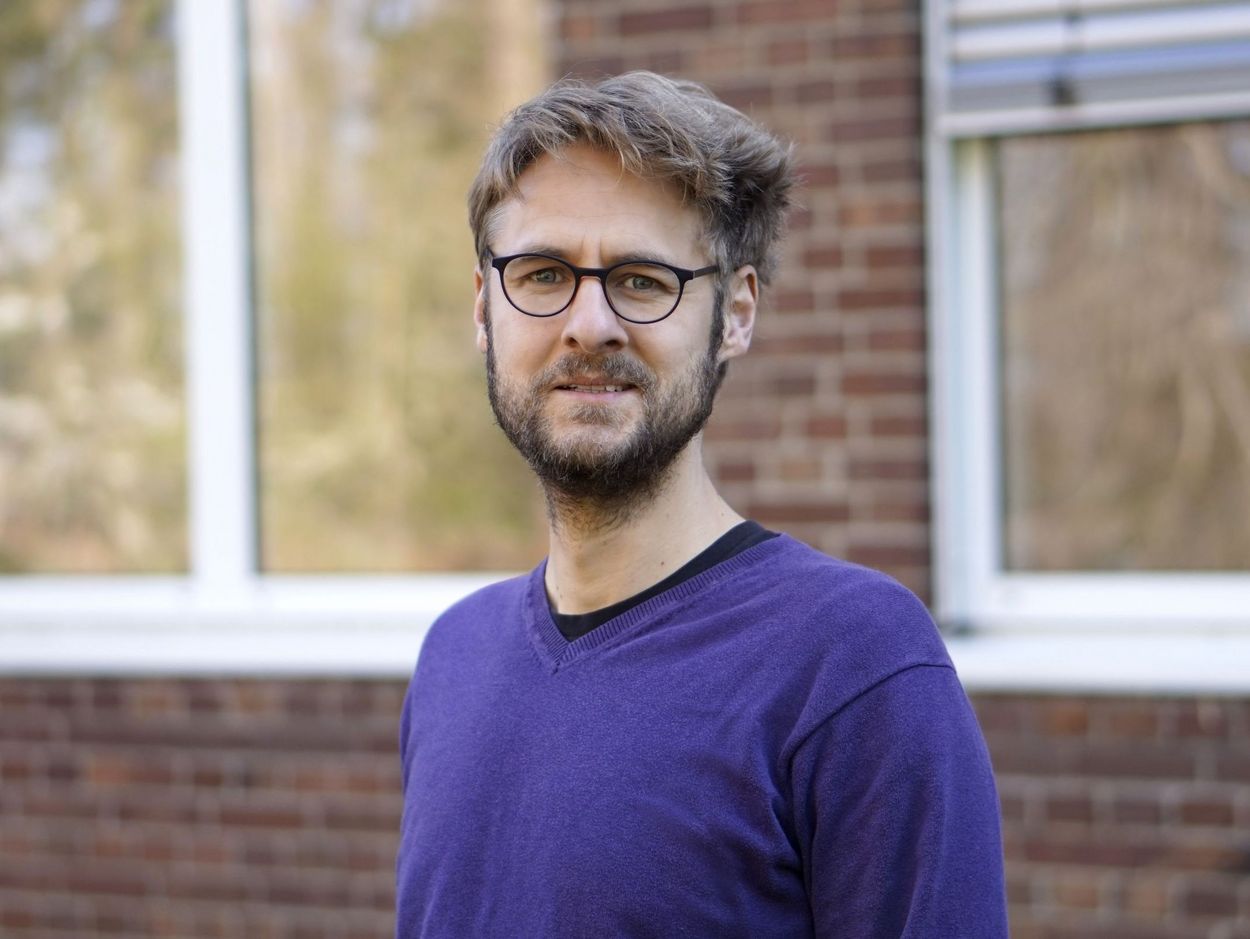Generalized trust positively affects innovation at the regional level by reducing transaction costs and supporting collaboration. We develop theoretical reasons for why the trust–innovation relationship is heterogeneous across geographic space and identify two main mechanisms that drive this result: first, only regions in the lower half of the trust distribution benefit from an increase in trust; and second, as smaller firms lack internal capabilities such as research and development and therefore resort to informal collaboration, the trust–innovation relationship is stronger in regions with a large share of small firms. We argue that regional innovation work differently across regions and different mechanisms of cooperation can be leveraged to achieve innovation success. Our results highlight the role of trust during a certain stage in the process of regional economic development, since both low trust and a larger share of small business constitute characteristics of less developed regions.
Link to the article: Spatial Heterogeneity in the Effect of Regional Trust on Innovation
Contact: Dr. Petrik Runst

![[Translate to English:] [Translate to English:]](/media/_processed_/6/1/csm_AdobeStock_543466681_9df3d40718.jpeg)
![[Translate to English:] [Translate to English:]](/media/_processed_/6/1/csm_AdobeStock_543466681_6eab1c26f9.jpeg)






